
Does creatine cause acne: Exploring the science
- Introduction to Creatine and its Use in Fitness
- Understanding Acne and its Causes
- Debunking Common Misconceptions about Creatine and Acne
- Research Studies on Creatine and Acne
- Other Possible Factors Contributing to Acne while Taking Creatine
- Tips for Managing Acne while Supplementing with Creatine
- Conclusion: Should You Worry About Creatine Causing Acne?
Creatine is one of athletes' most commonly used supplements to build muscle mass and strength. However, some fitness enthusiasts wonder; does creatine monohydrate cause acne or pimples? Concerns persist about creatine-provoking skin breakouts and worsening acne. But what does science say? Does creatine cause pimples? Read on to explore whether creatine indeed causes acne breakouts.
Introduction to Creatine and its Use in Fitness
Creatine is one of the most widely used and researched sports supplements. It is an organic nitrogenous compound that occurs in the human body and helps supply energy to cells, especially muscle cells.
Creatine is produced endogenously and obtained from dietary sources like meat and fish. It is stored as creatine phosphate, which can rapidly regenerate ATP to provide muscles the energy needed for high-intensity activities.
Supplementing with creatine monohydrate has become quite popular among athletes and bodybuilders trying to boost performance, build muscle mass, and boost strength. The average person can store about 120 grams of creatine, but exercise depletes levels. Supplementing with creatine can increase muscular creatine stores beyond normal levels, providing an enhanced ATP energy supply.
Hundreds of studies demonstrate creatine's efficacy and safety for improving various facets of exercise performance, like speed, power output, strength gains, and muscular endurance. Supplementing creatine for even a few days can significantly raise intramuscular creatine levels, with peak concentrations reaching within a month.
Understanding Acne and its Causes
Acne is a common skin condition defined by clogged pores (blackheads and whiteheads), pimples, and inflammation. It typically occurs when dead skin cells, oil, and bacteria build up inside hair follicles, blocking the follicles and producing lesions.
The exact causes of acne are multifactorial, but some of the key contributing factors include:
- Excessive sebum (oil) production
- The buildup of dead skin cells
- Growth of bacteria like Propionibacterium acnes
- Inflammation
- Hormonal changes like those during puberty or menstruation
Genetics, stress, and certain medications can also influence acne development.
Also read: Hormonal Acne: Causes and Symptoms of hormonal acne
The Link Between Creatine and Acne: Myth or Reality?
Now, let us come to the ultimate question: does creatine cause acne?There is currently no convincing evidence showing that creatine causes or worsens acne. Most studies find no difference in acne rates between those who take creatine supplements and those who do not.
A few small studies have produced conflicting results. One study with male rugby players reported increased dihydrotestosterone (DHT), a hormone linked to acne, after taking creatine supplements for 21 days.
However, the study had several limitations, and other research hasn’t supported the creatine-DHT theory. Well-designed clinical trials are still needed.
Debunking Common Misconceptions about Creatine and Acne
Despite the lack of evidence, myths continue to persist about creatine causing acne breakouts. Here are some facts:
- Creatine is not a steroid or testosterone booster; it does not alter hormone levels.
- Acne from creatine use likely results from increased sweating during workouts rather than direct physiological effects.
- While creatine draws water into muscles, it does not dehydrate the skin or influence skin moisture.
- Changes in diet and hydration levels while supplementing may play a small role in breakouts.
Ultimately, research does not support concerns about creatine-provoking acne. For some individuals, secondary lifestyle factors like diet and hygiene may contribute.
Research Studies on Creatine and Acne
Limited research investigates a direct link between creatine supplementation and acne. Most studies examining creatine's effects on skin focus on potential benefits like UV protection rather than risks like acne.
One small study found that creatine increased dihydrotestosterone (DHT) levels, associated with hormonal acne. However, the study had limitations, such as a small sample size.
Other research shows inconsistent effects of creatine on hormones like IGF-1 and testosterone that influence sebum production and acne. Larger and more robust studies are still needed to establish whether creatine contributes to acne.
Other Possible Factors Contributing to Acne while Taking Creatine
While creatine likely doesn’t itself provoke acne, secondary factors associated with creatine supplements could play a minor role:
1. Diet Changes
Some people alter their diet when taking creatine or increasing protein or carbohydrate intake. Dietary changes may influence acne, but more research is needed.
Also read: Link Between Your Diet and Acne: Foods that Causes Acne
2. Increase in Sweating
Creatine enhances workout performance and strength training capacity. The resulting increase in sweating leaves the skin vulnerable to pore-clogging dirt and bacteria. Washing after training may help.
3. Individual Differences
Genetic and hormonal differences mean creatine could affect individuals differently. But for most, it appears neutral regarding the skin. Tracking your changes while supplementing can be insightful.
Some breakouts may be caused by increased sweat and grime or dietary shifts. However, creatine likely has a minimal direct influence on acne.
Tips for Managing Acne while Supplementing with Creatine
Here are tips to help keep skin clear while taking creatine:
- Shower and wash your face immediately after training
- Use oil-free, non-comedogenic skincare products
- Observe your skin and record any alterations or outbreaks.
- Avoid touching or picking at the face
- Consider using an Overnight Acne Spot Corrector with salicylic acid.
- Drink water and stay hydrated.
While creatine doesn’t inherently worsen acne, taking some precautions allows you to reap the performance benefits while keeping your skin healthy.
Conclusion: Should You Worry About Creatine Causing Acne?
Current scientific research shows that creatine supplements do not directly cause or worsen acne breakouts. While secondary factors like sweat and dirt may play a minor role in breakouts for some individuals, creatine has been proven safe for skin health.
However, if you still struggle with annoying acne or pimples while using creatine, don't just accept it as inevitable. Visit The Pink Foundry today for proven advice and products like Acne Care & Healing Gel Moisturiser with Tea Tree & Cica and many more formulated to manage acne, allowing you to continue supplementing worry-free effectively.

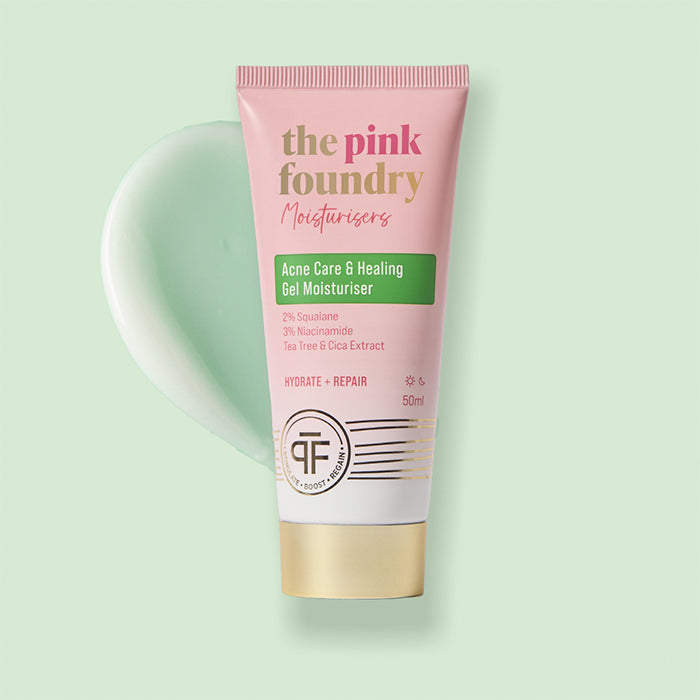





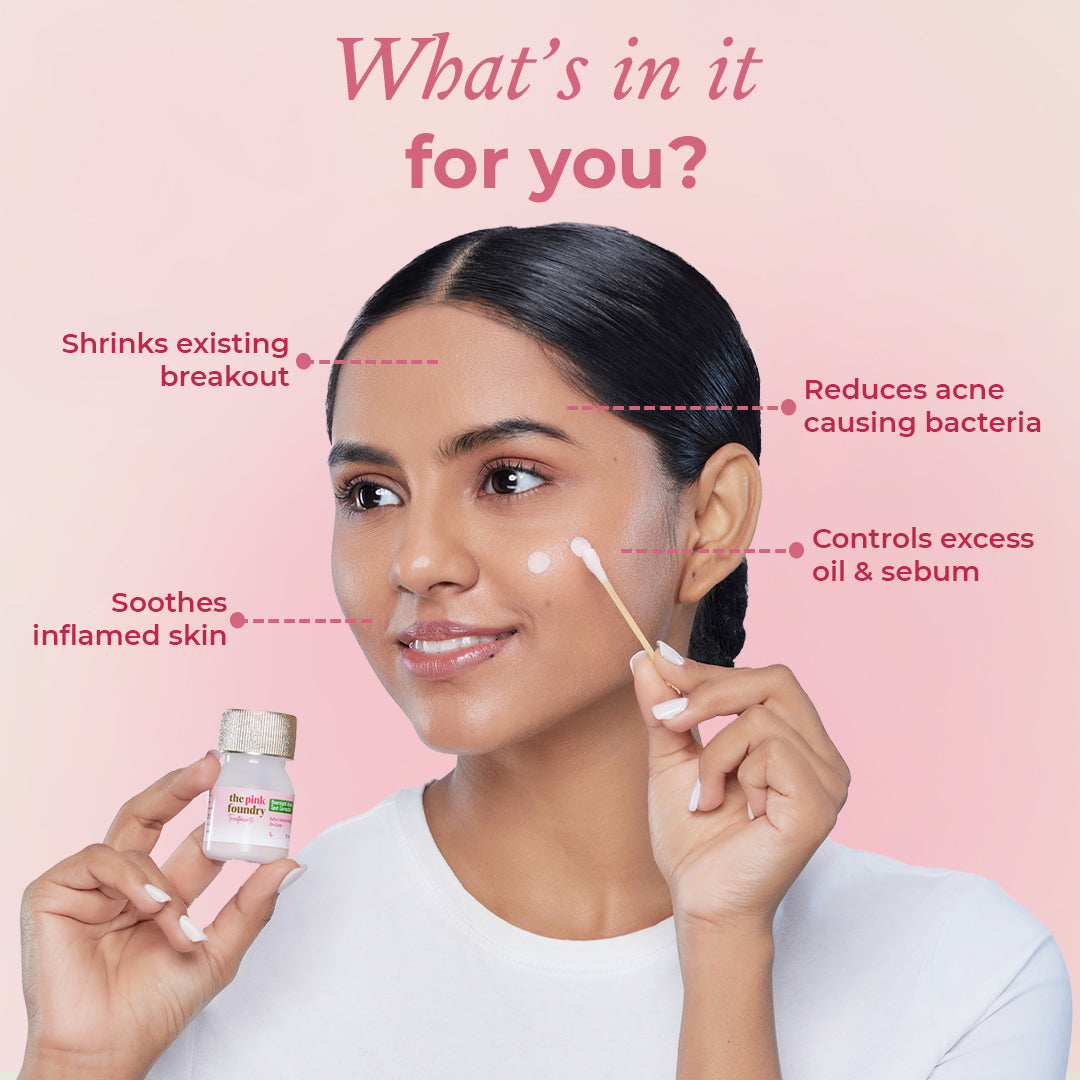
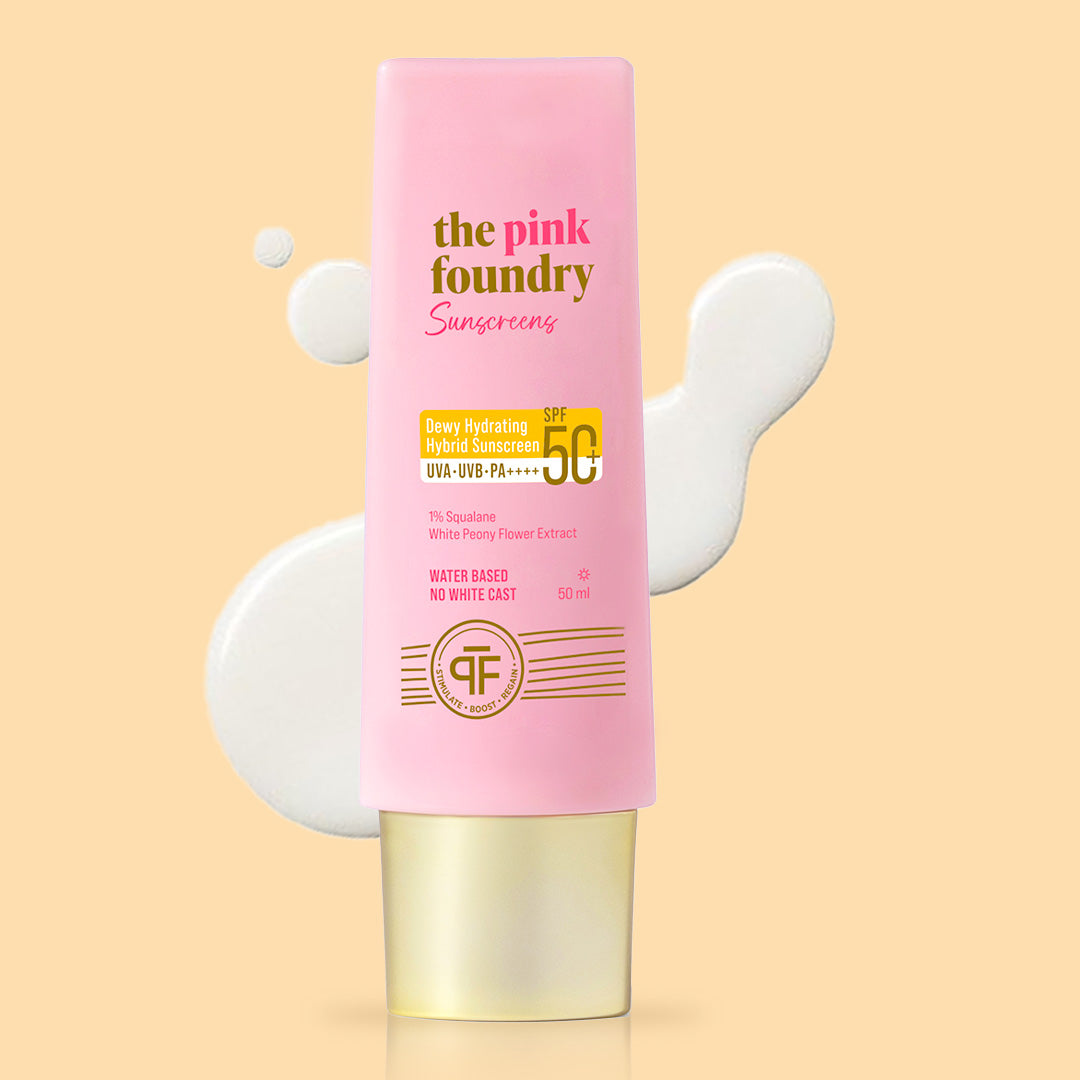
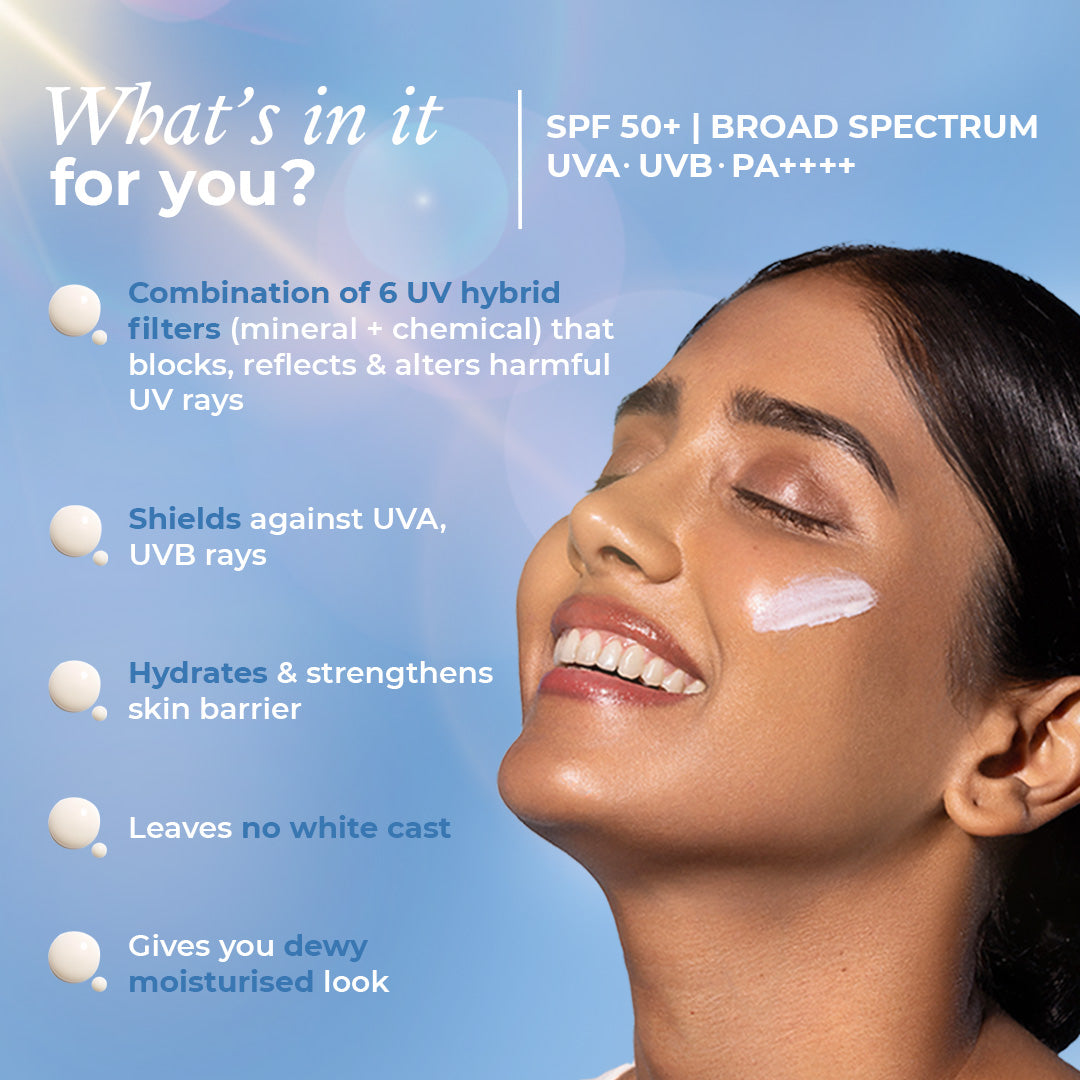


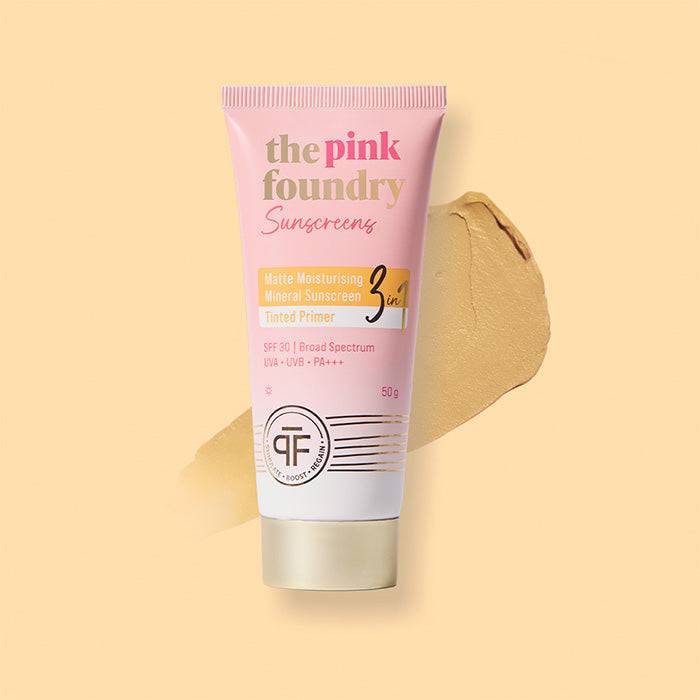
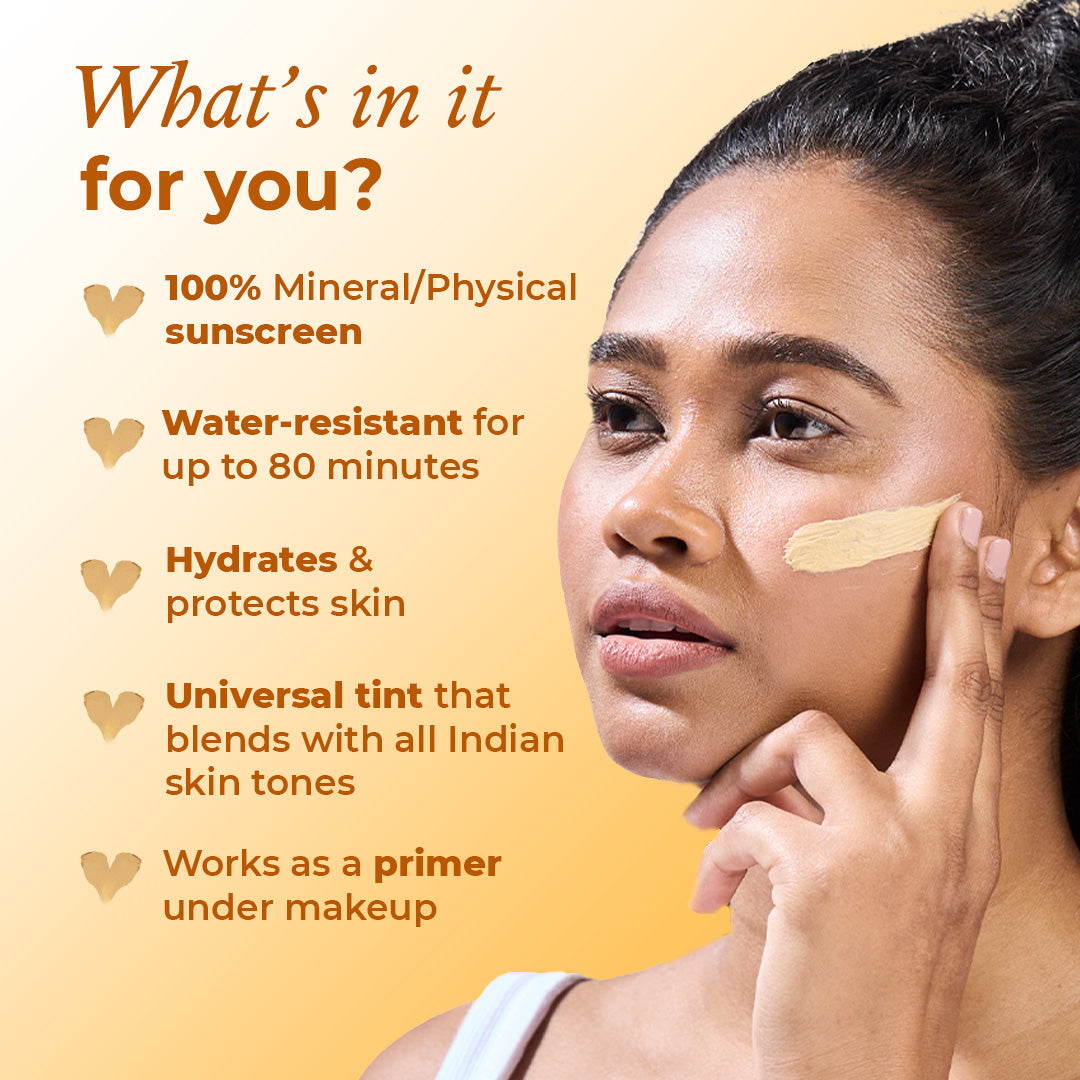



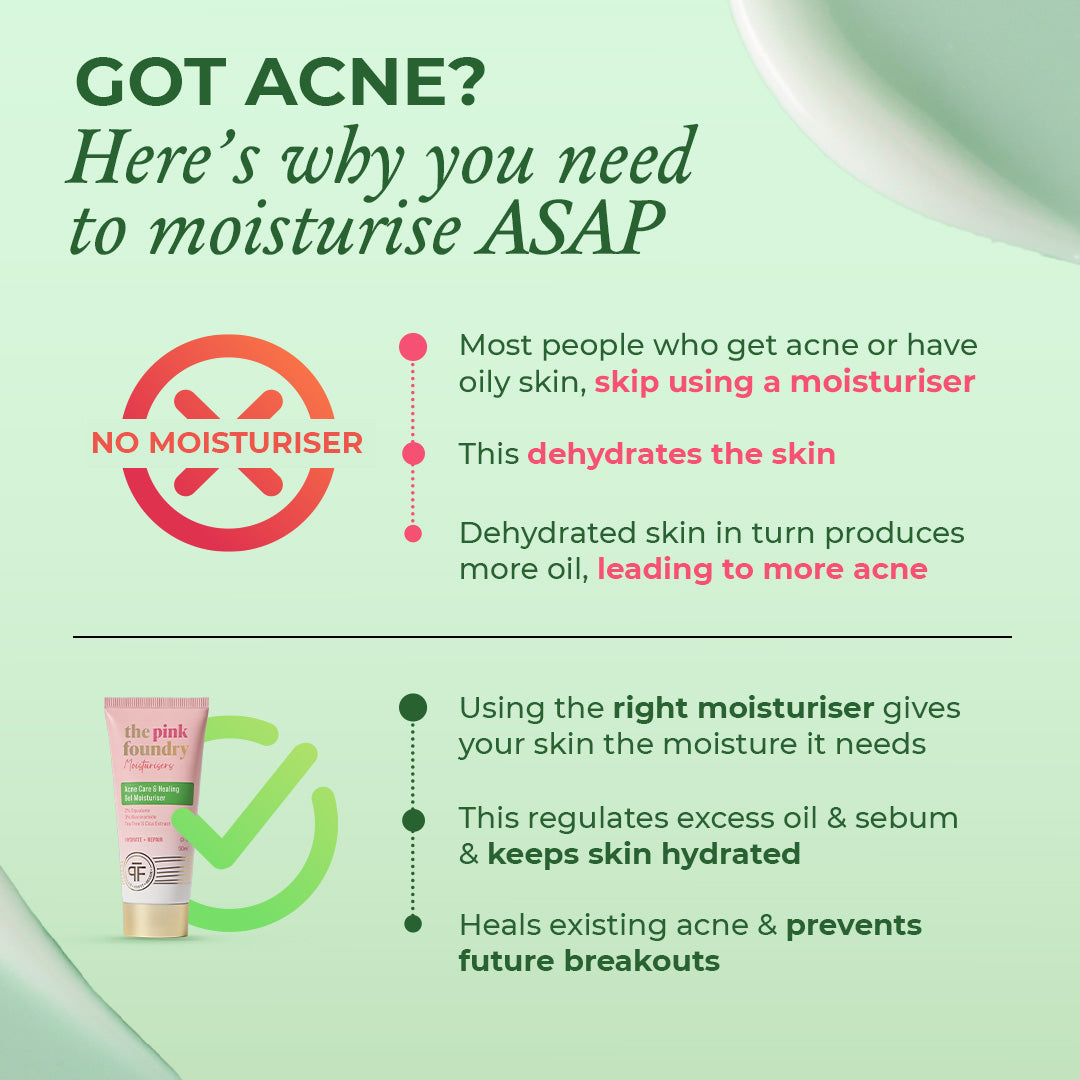
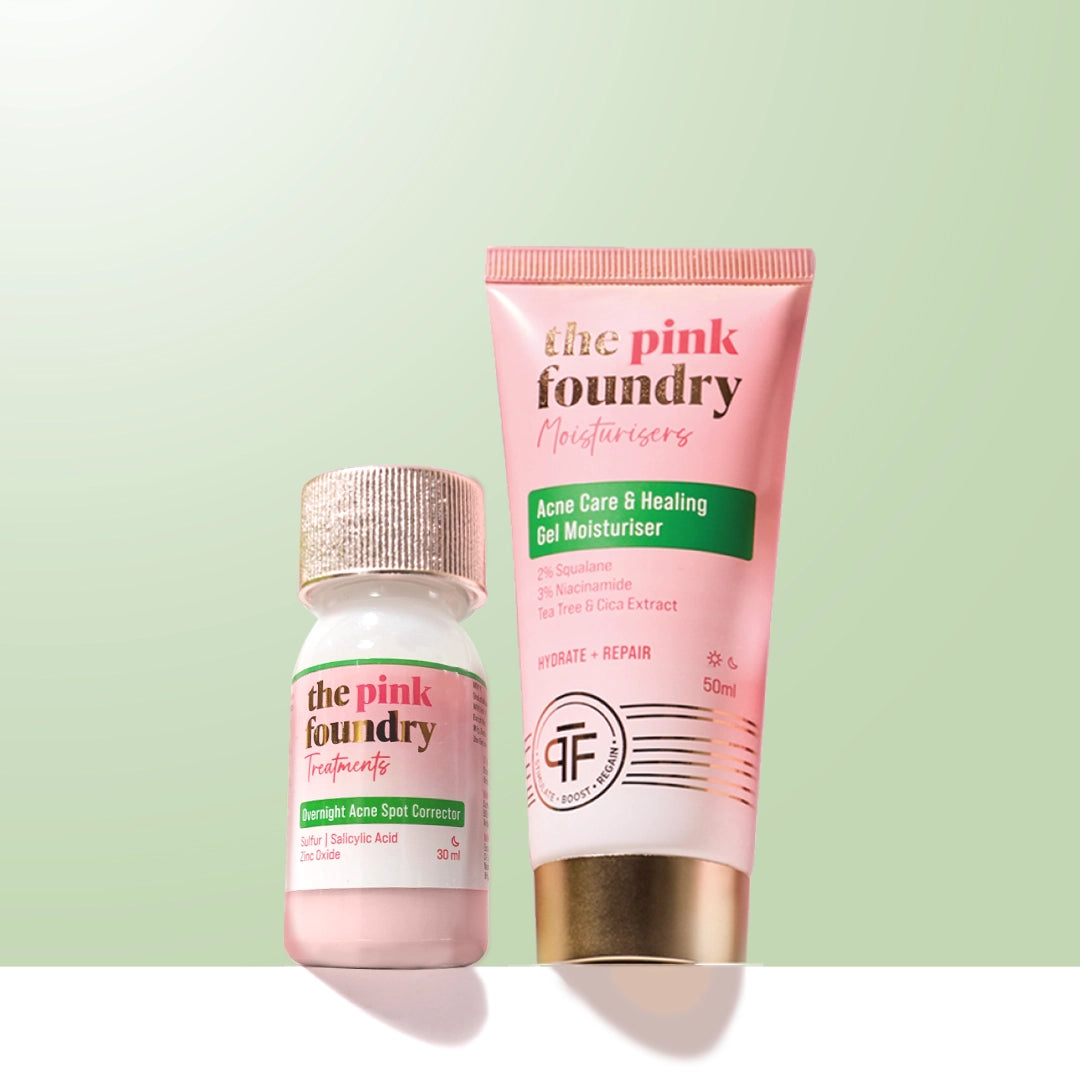
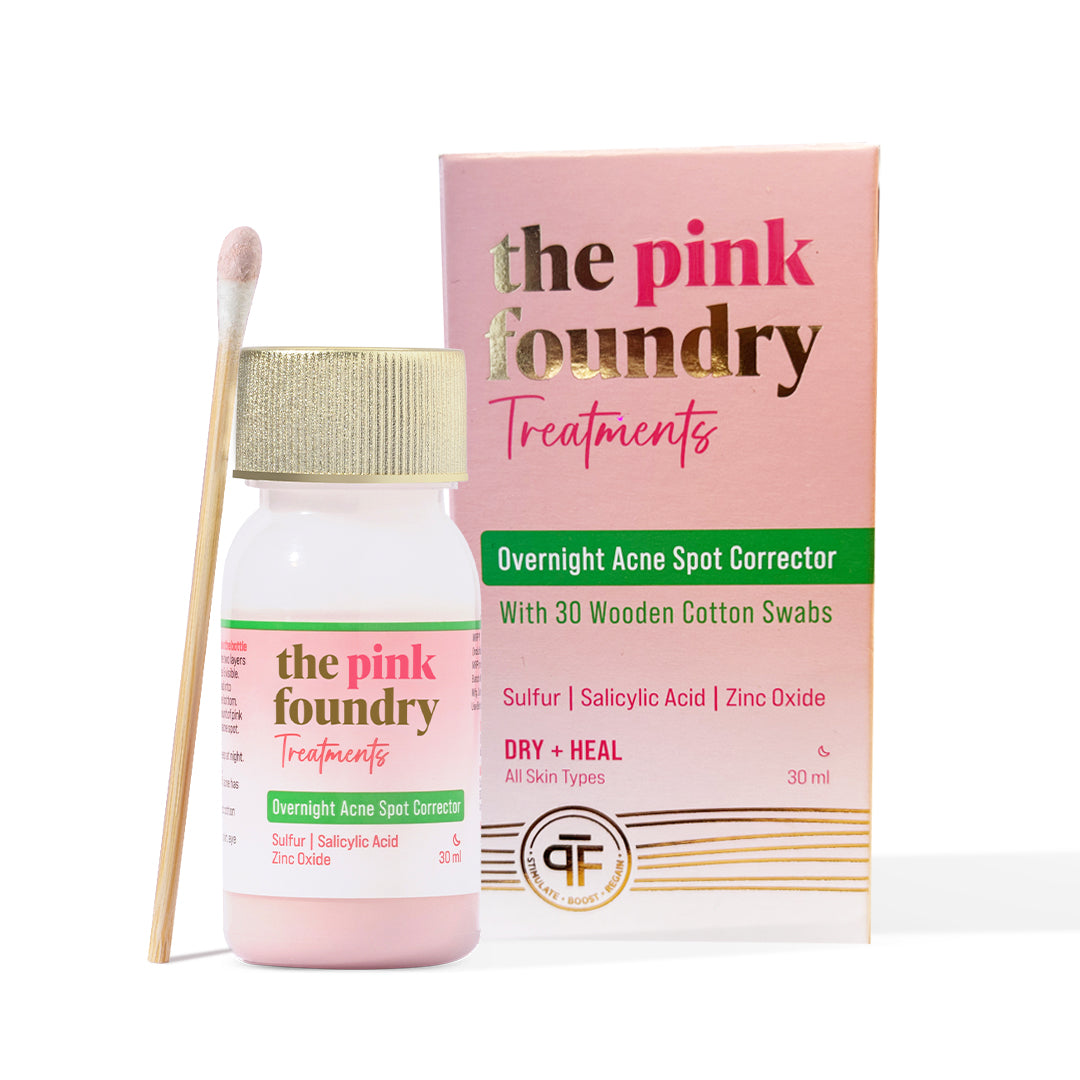
Leave a comment
This site is protected by hCaptcha and the hCaptcha Privacy Policy and Terms of Service apply.